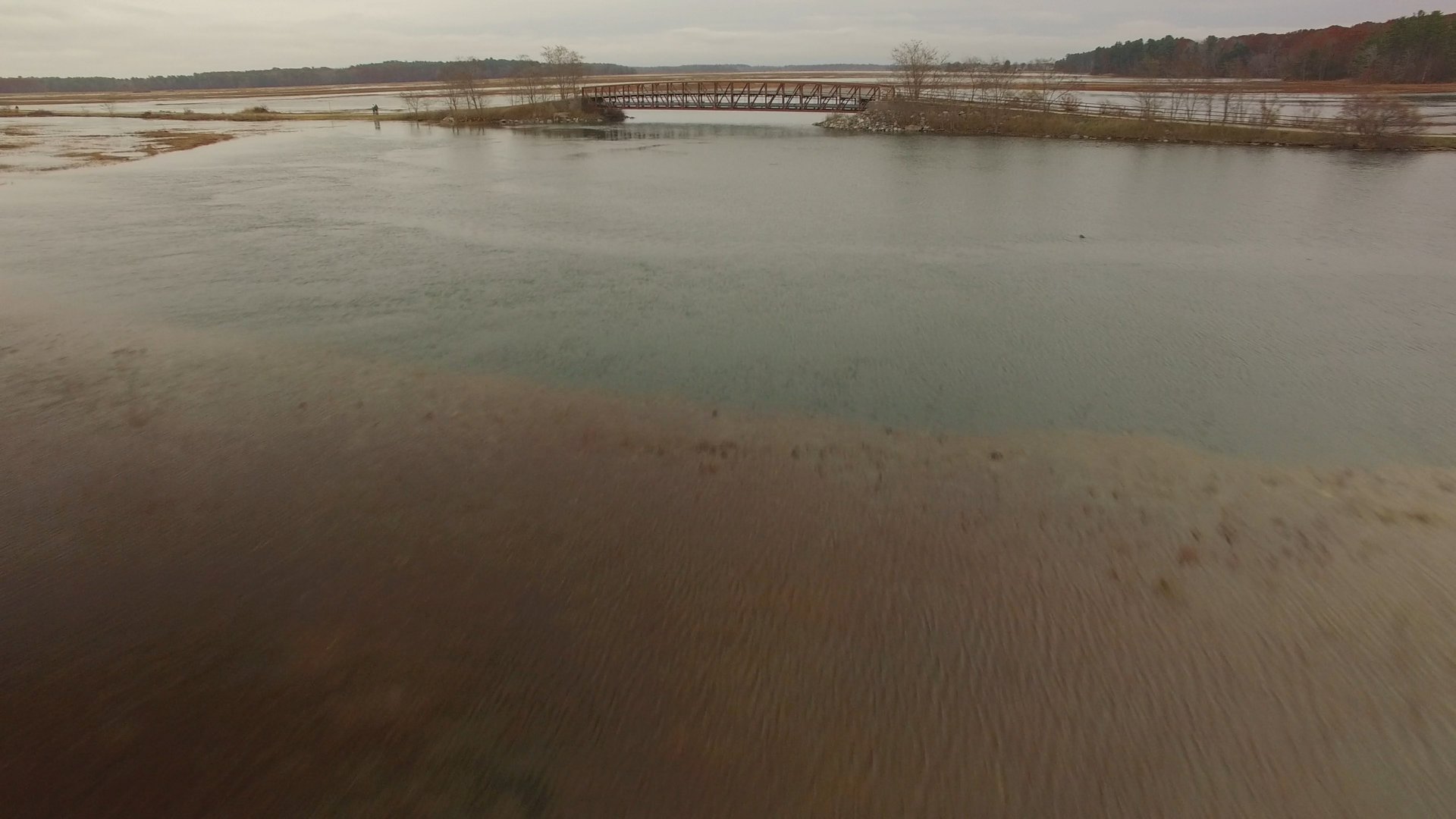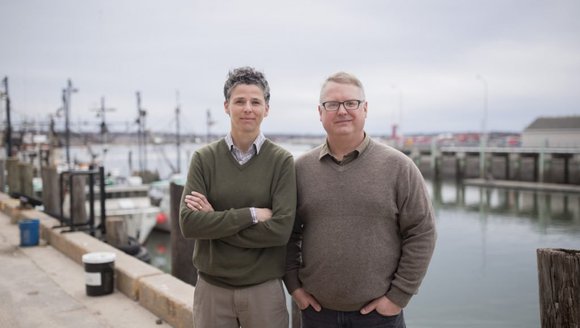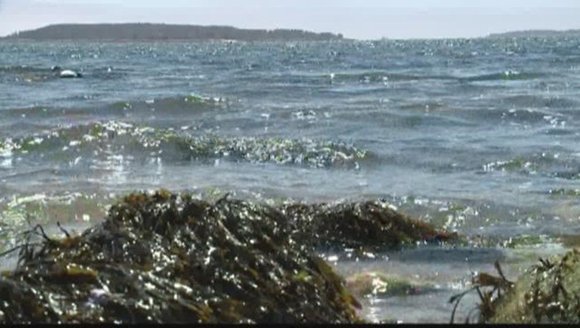Communities Face Rising Seas
Perspectives | Dec 31, 2018
by Gayle Bowness
Municipal Climate Action Program Manager
Our sea level rise program Coastal Resiliency Informed by Science and Experience (CRISE) brings local relevancy to global scientific data through local history, maps, and case studies. Each interactive experience guides participants as they explore the impacts of sea level rise and weather events on community resources and examine potential resiliency measures.

Since 2017, CRISE has engaged 1,265 citizens in an interactive, locally-focused, and fact-based program illuminating the coming impacts of sea level rise on coastal communities. Those who participated in the program learned about a range of topics related to sea level rise, with over 80% of participants reporting some or a great deal of knowledge related to the science of sea level rise, associated impacts on the Greater Portland area, and local community resources. Participants also substantially improved their ability to access and interpret data about sea level rise and adaptation efforts, both locally and globally.
While participants represented an older and already somewhat engaged group, this experience prompted many to seek more information, change their behaviors, and talk with others about the issue of seal level rise. In surveys administered two-to-six months after their C-RISE participation, respondents showed a significant increase in their knowledge about sea level rise and climate topics — especially impacts of coastal storms/sea level rise and accessing local data. Ninety-three percent had talked with family, friends, and neighbors about sea level rise, and 78% had already taken steps to reduce their own carbon footprint. Most (65%) have since or plan to contact their elected officials about climate change or sea level rise issues.
Participants appreciated that information was presented by focusing on facts, instead of debating the causes and politics behind the change in sea levels. Additionally, because each presentation of the program was tailored to the specific location, participants found the data and stories more meaningful. Localizing the presentation to a specific municipality or island community provided common context for everyone present and made the exploration of flooding impacts particularly pertinent.
The program also created community around the issue of sea level rise. Not only were participants surprised by the level of engagement of other attendees, they also formed important high-level partnerships. Our staff engaged local scientific experts, municipal planners, sustainability managers, and others in creating, refining, and implementing the program through our Leadership Team. This provided a fact-based, locally focused message. It also engaged other local leaders in the content of the program.
“Good to hear facts without blaming someone or anyone. Just what we know now, and what it portends.” – CRISE Participant
“[CRISE was] getting people from the most general understanding of ‘O.K., we may need to adapt because of climate change’ to the more scientific understanding of what is happening and what we can expect to happen…they distilled it down to be accessible and relevant in Casco Bay.” – South Portland Sustainability Director
Given the older demographic that attended our events, the CRISE team decided to create a student-specific curriculum to engage the next generation in these important discussions. Together with teachers from South Portland High School, Casco Bay High School, Morse High School, and Mount Desert Island High School, we are creating a high school curriculum that gives students the knowledge and skills needed to engage their communities in better understanding local sea level rise impacts. A pilot version is currently being tested in several Maine classrooms, and has already produced exciting results. Most notably, the curriculum helped students at Mount Desert Island present their concerns about sea level rise to then-gubernatorial candidate Janet Mills before the election.
Looking forward, the program will work further with the Leadership Team and other partners to plan the next steps regarding supporting coastal communities to build resiliency and adaptation to sea level rise. Due to many of the formal and informal relationships formed through this project, the Casco Bay region will now have a consistent, fact-focused message in a format that has shown to be successful in engaging and educating a public audience. CRISE will continue to support coastal communities and working waterfronts in moving from awareness to planning and action that builds resiliency against sea level rise and storm surge.



